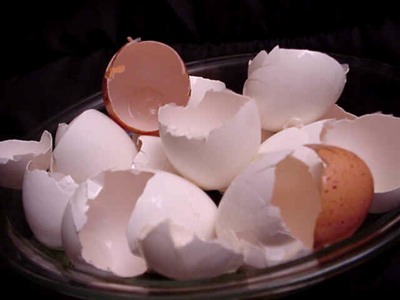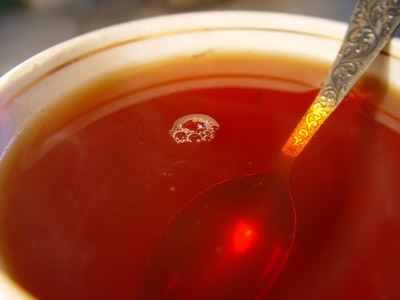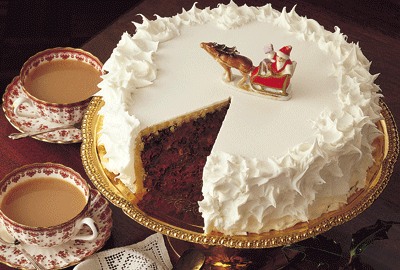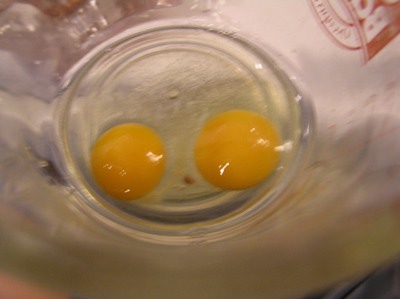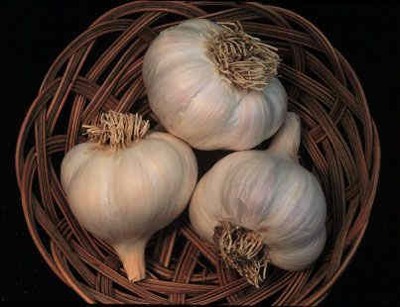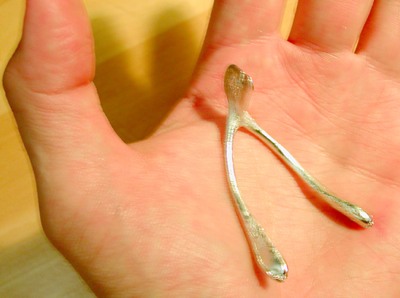 History
History  History
History  Health
Health 10 Everyday Activities That Secretly Alter Consciousness
 History
History Top 10 Historical Disasters Caused by Someone Calling in Sick
 Animals
Animals 10 New Shark Secrets That Recently Dropped
 Movies and TV
Movies and TV 10 Forgotten Realities of Early Live Television Broadcasts
 Technology
Technology 10 Stopgap Technologies That Became Industry Standards
 Weird Stuff
Weird Stuff 10 Wild Facts About Taxidermy That You Probably Didn’t Know
 Travel
Travel 10 Beautiful Travel Destinations (That Will Kill You)
 Miscellaneous
Miscellaneous 10 Modern Marriage Rituals Born from Corporate Branding
 Weird Stuff
Weird Stuff Ten Bizarre Visions of 2026 from Fiction
 History
History 10 “Modern” Problems with Surprising Historical Analogs
 Health
Health 10 Everyday Activities That Secretly Alter Consciousness
 History
History Top 10 Historical Disasters Caused by Someone Calling in Sick
Who's Behind Listverse?

Jamie Frater
Head Editor
Jamie founded Listverse due to an insatiable desire to share fascinating, obscure, and bizarre facts. He has been a guest speaker on numerous national radio and television stations and is a five time published author.
More About Us Animals
Animals 10 New Shark Secrets That Recently Dropped
 Movies and TV
Movies and TV 10 Forgotten Realities of Early Live Television Broadcasts
 Technology
Technology 10 Stopgap Technologies That Became Industry Standards
 Weird Stuff
Weird Stuff 10 Wild Facts About Taxidermy That You Probably Didn’t Know
 Travel
Travel 10 Beautiful Travel Destinations (That Will Kill You)
 Miscellaneous
Miscellaneous 10 Modern Marriage Rituals Born from Corporate Branding
 Weird Stuff
Weird Stuff Ten Bizarre Visions of 2026 from Fiction
10 Odd Superstitions About Food
Superstitions can fill peoples lives with a bit of innocent fun, but they can also be incredibly crippling. This is a list of some of the more unusual superstitions that surround food. Many of these superstitions derive from Great Britain, and therefore ultimately found their way around the world through colonization.
It was once (and perhaps still is) a superstition that if you found a hole in a loaf of bread you cut, it symbolized a coffin and meant that someone was soon to die. If a person found a loaf in this state, there would be days of discussion to guess who it might be that would be stricken down. Of course, these days we are less likely to cut our own loaves of bread, so this one is likely to die into obscurity.
It was once a superstition that if you did not crush the ends of an egg after eating it, a witch would gather the shells and use them to craft a boat that she could use to sail out to sea to raise storms. This is a very ancient superstition which seems to originate in the 1580s. If you shattered the end of the shell, it would create enough holes to make it useless as a boat. We won’t even go into the logic of how a full-sized human might be able to stand in an egg shell – that was obviously not on the minds of our superstitious forebears.
This innocent old superstition dictated that all loaves of bread must be marked with a sign of the cross before baking. The idea was that the cross would prevent the devil from sitting on the loaf – and thereby prevent him from cursing or spoiling the bread. The upside to this superstition is that bread rises much better in the oven when crossed – though obviously not from the influence (or lack thereof) of the wicked one.
We all know of the superstition surrounding the spilling of salt, but here is a slightly more unusual one. It used to be considered bad if you helped another person to the salt – there was even a little phrase that evolved from the superstition: “help to salt, help to sorry.” Salt is such an important part of human life that it is no wonder that it appears so frequently in the history of superstition.
It used to be considered bad luck for two people to pour tea from the same pot. In addition, if you left the lid off the teapot while brewing tea, it was meant to mean that a stranger would visit soon. There were even a series of small rituals you could perform to determine the exact day, hour, and gender of the visitor by means of tapping the wrist.
Superstitions surrounding Christmas are as numerous as Elizabeth Taylor’s husbands. One such superstition says that all members of a family must have a turn stirring the Christmas cake mixture or else bad luck will befall them. Young unmarried girls were especially supposed to have a turn – otherwise they would remain alone for another year.
In many parts of Europe, farmers would take a fresh egg into the fields in the hopes that it would bring a good healthy crop. Eggs were also used to tell fortunes – two yolks would mean a marriage was coming up soon, a black spot on a yolk was a bad omen – and an egg with no yolk at all was just about as bad as you could get.
In Greece there is an ancient superstition called the Evil Eye. It is believed that when someone gives you the evil eye, bad luck (usually minor) will befall you. Now you may be wondering why this is on a food superstitions list; the reason is that the way to prevent the evil eye from affecting you is to carry around a piece of garlic. This is unlikely to help you when you are having a night out looking for a date!
Before we all sit back on our laurels and laugh at the superstitions around the world that would never afflict us; let us remember one of our own most revered superstitions, the pulling of the wishbone. In Western (especially American and British) tradition, two people use their pinky finger to break the wishbone. The person who wins the longest piece gets good luck and usually makes a wish. We may all say we aren’t superstitious – but this is something we have all done at one time or another which leads us to our last (and equally common) superstition:
Throwing rice at a wedding is such a common event that we don’t even bat an eyelid when we see it happening. But what most of us don’t realize is that this a very superstitious tradition with a very long history. The throwing of rice is meant to bring prosperity, wealth, and happiness to the couple. Frankly though, with the amount of money people spend on weddings these days, it would be more useful to throw wads of cash rather than rice.

